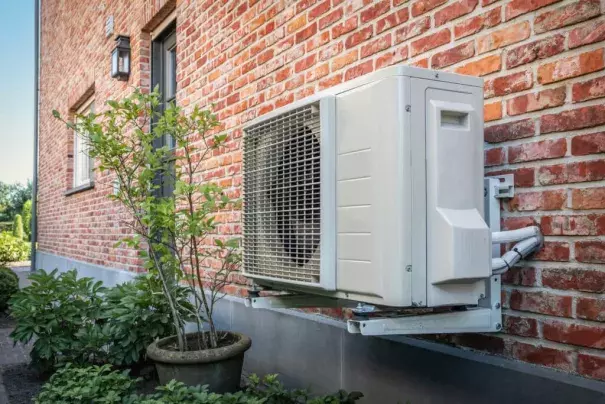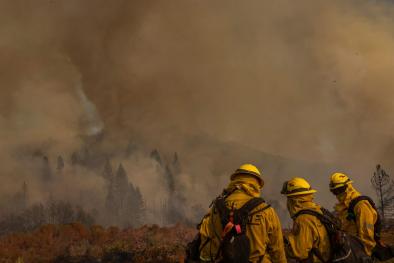Historic summer heat highlights AC inequities

States and the federal government have long provided aid to help people afford heat in their homes. But as climate change increases the number of extreme heat days and heat waves in parts of the U.S. unaccustomed to such high temperatures, vulnerable people in those areas are discovering they have nowhere to turn to beat the heat. Landlords in most states are not required to provide air conditioning in units, there is no federal requirement for air conditioning in public housing, and programs to help people to afford cooling their homes remain rare. About 70% of U.S. homes have central air conditioning, 10% lack any cooling, and the rest rely on window AC units. Roughly half a million public and low-income housing units have no central air conditioning, many in the Mountain West and Pacific Northwest. Studies repeatedly show that systemic racist policies, including redlining and other barriers to building generational wealth, have led Black people and Latine people to be more likely to live in homes without air conditioning, more likely to live in urban heat islands where the built environment can result in temperatures up to 10°F hotter than nearby (whiter and higher income) areas with more tree cover and parks, and more likely to experience health conditions that can turn deadly when compounded by extreme heat. These disparities follow children to their schools, many of which are delaying back to school days or dismissing students early if classrooms don’t have air conditioning installed, or if units are malfunctioning. According to a federal report from 2020, roughly 36,000 public schools nationwide lack adequate air conditioning, forcing schools from Connecticut to Texas to Puerto Rico to Minnesota to choose between holding school or attempting to teach distracted, irritable students in environments hostile to learning. (NPR)
To receive climate stories like this in your inbox daily click here to sign up for the Hot News Newsletter from Climate Nexus:
Related Content



